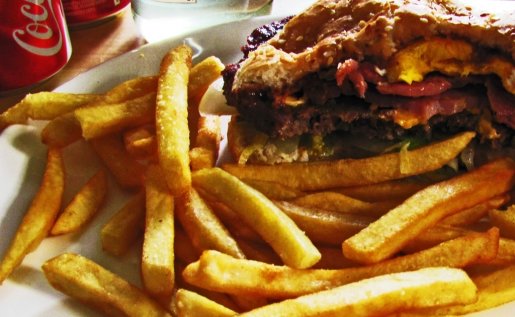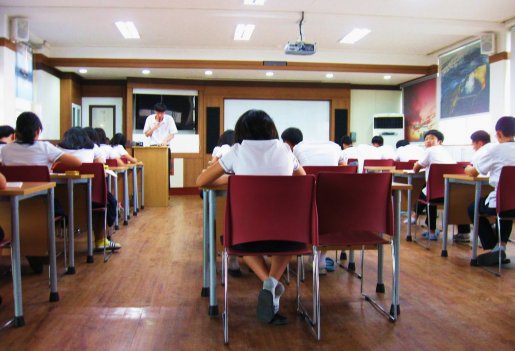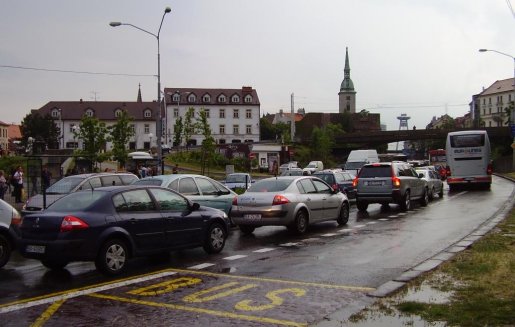Erik is a university graduate from Slovakia who is currently living in London. In the third and final part of a mini-series, (see part one and part two) he reacts to an article about the differences between Slovakian and 'Western' life. Each quote is a reference to Slovakian life:
Bread & Soup
Quote: "Always start a meal with soup, but make sure you have bread with it."
I had a friend back in London. He worked as a chef at one of Gordon Ramsey's restaurants in Knightsbridge, so he had some background in cooking. He would run me down every time I started to heat a cup of soup, telling me that soup is only for cold, winter days. It is enough to eat something small, like fruit or salad to kick-start your digestion. Some people, however, classify soup as only the starter, which then as gives them the excuse to cram it with bread, pasta, cream and any other excess calories.
"Brake" the Alcohol
Quote: "Most Slovak bartenders couldn't make a decent cocktail to save their lives, but that's just because Slovaks take their alcohol straight up."













